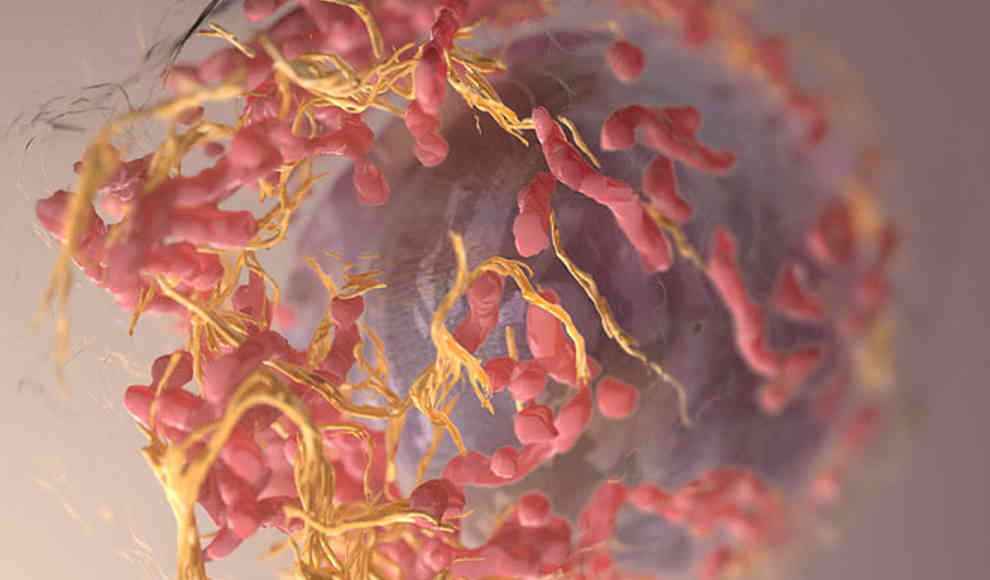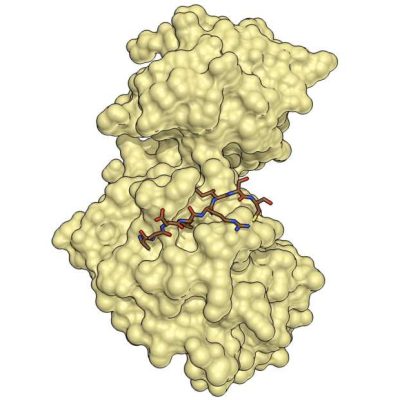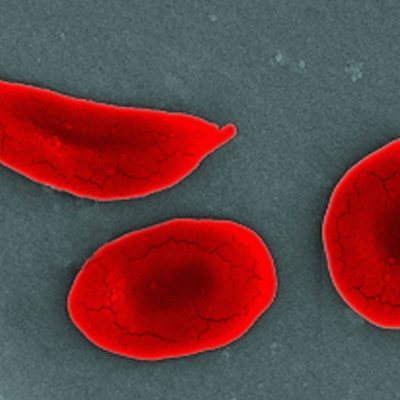German researchers may have made a breakthrough in the fight against cancer with the help of a vaccine. Every year, 224,000 people in Germany die as a result of cancer, making it not only a terrible diagnosis for the patient and their loved ones but also the second leading cause of death. For over 20 years, scientists have been researching ways to activate the immune system to fight cancer cells, as the immune system is usually inactive when cancer is present. However, therapeutic vaccines have not been very successful until now. Mainz scientist Ugur Sahin developed a promising method to trick the immune system into attacking cancer cells. Nanoparticles loaded with search motifs for cancer cells were injected to activate the immune system. The search cells allow the body’s defense cells to locate the cancer cells, regardless of whether they are metastases or large cancerous growths. The immune system behaves exactly like it does during a viral infection, destroying the cancer cells.
The surprising result of the treatment was that the immune system was activated in all three patients, and the cancer cells were made harmless. Additionally, all animal experiments showed positive results. Another promising advantage of this relatively simple method is that there are no significant side effects during treatment, unlike chemotherapy. Sahin emphasizes that this therapeutic vaccination can be applied to all types of cancer. He calls his method a “universal delivery service” that only needs to be loaded with the right vaccine. His discovery has sparked hope for patients and their loved ones, and this universal therapeutic vaccination is expected to hit the market in five years.
Sahin’s discovery will be a topic of discussion at the annual American Society of Clinical Oncology cancer congress, where approximately 30,000 doctors and scientists will participate. If his vaccine is approved for the market, it will be an incredibly significant advancement for humanity. Countless lives could be saved with a relatively simple vaccine that promises more reliability and fewer side effects than traditional chemotherapy.










